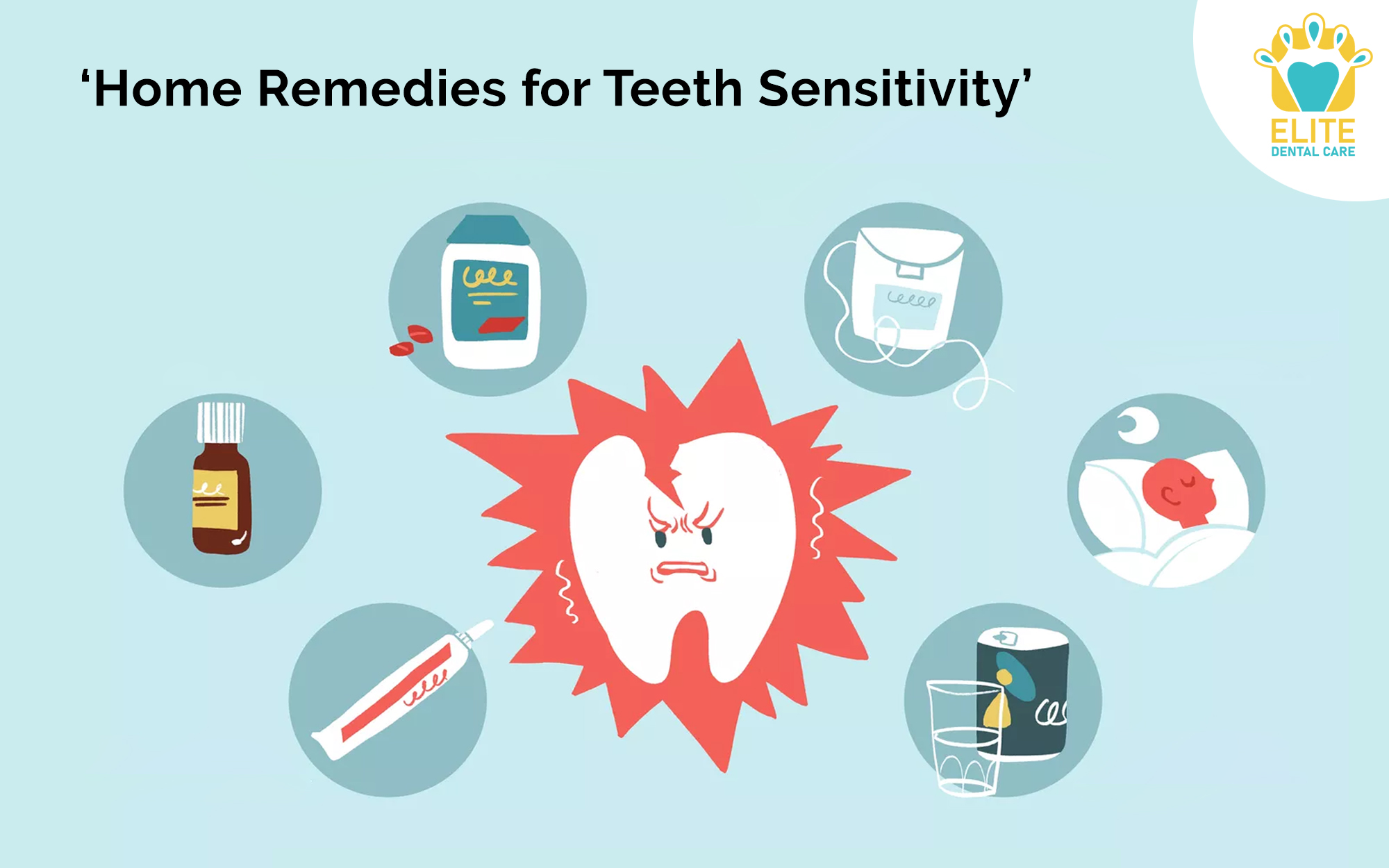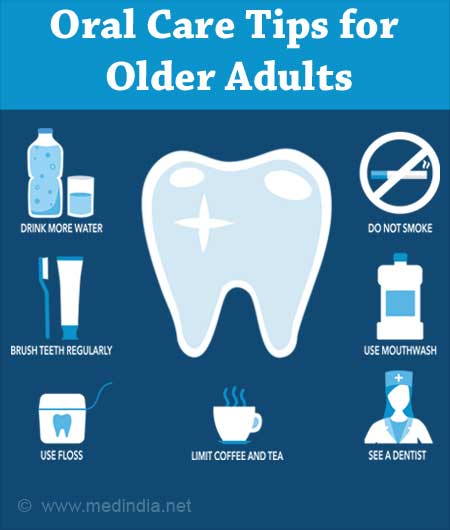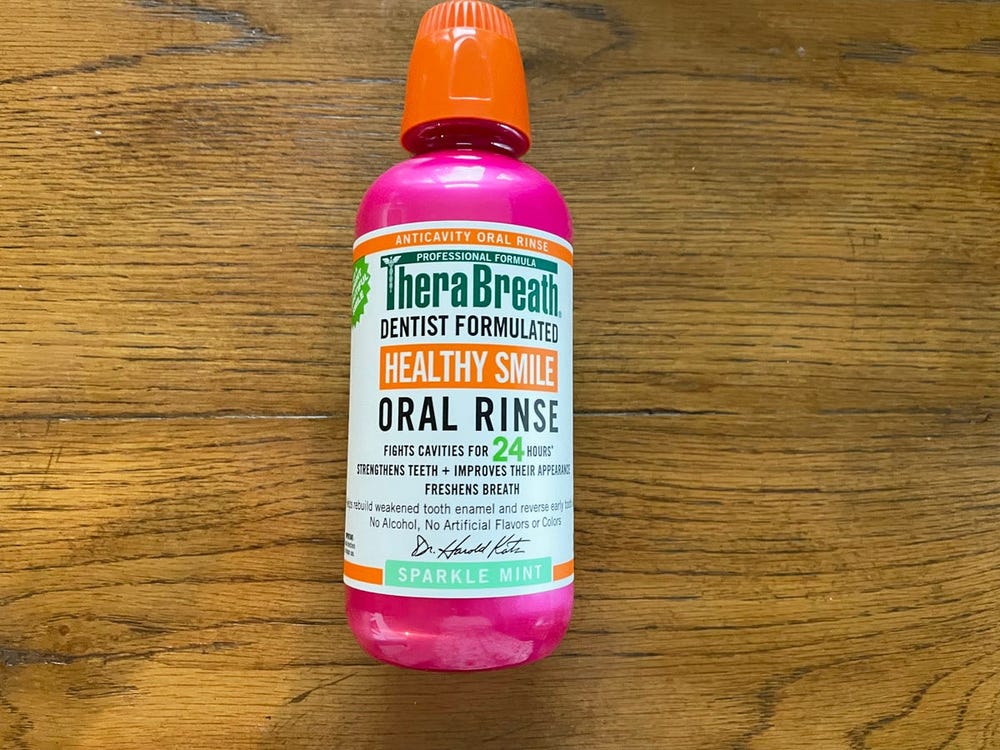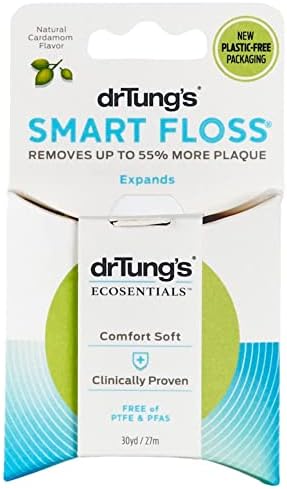Introduction
As seniors age, they often face various health challenges that require medications to manage their conditions. While these medications are essential for their overall well-being, it is important to understand the potential impact they can have on oral health. This article explores the effects of medications on oral health in seniors and provides insights into maintaining good oral hygiene.
Dry Mouth (Xerostomia)
One of the most common side effects of medications in seniors is dry mouth. Dry mouth occurs when there is a decrease in saliva production, leading to discomfort and potential oral health issues. Saliva plays a crucial role in neutralizing acids, washing away food particles, and preventing tooth decay. Seniors should be aware of this side effect and take necessary steps to combat dry mouth.
Tips to Manage Dry Mouth
– Stay hydrated by drinking plenty of water throughout the day.
– Avoid caffeine and alcohol, as they can further contribute to dry mouth.
– Use over-the-counter saliva substitutes or artificial saliva products.
– Chew sugar-free gum or suck on sugar-free candies to stimulate saliva production.
Gum Disease (Periodontitis)
Some medications can increase the risk of gum disease in seniors. This is because certain drugs can affect the immune system, making it harder for the body to fight off infections, including those in the gums. Gum disease can lead to gum recession, tooth loss, and other serious oral health issues if left untreated.
Maintaining Good Oral Hygiene
– Brush teeth twice a day with a soft-bristled toothbrush and fluoride toothpaste.
– Floss daily to remove plaque and food particles from between the teeth.
– Visit the dentist regularly for professional cleanings and check-ups.
– Consider using an antimicrobial mouthwash to reduce bacteria in the mouth.
Oral Thrush (Candidiasis)
Seniors taking certain medications, such as antibiotics or corticosteroids, may be at a higher risk of developing oral thrush. Oral thrush is a fungal infection characterized by white.
Summary
Medications play a crucial role in managing health conditions in seniors, but they can also have unintended consequences on oral health. One common side effect of many medications is dry mouth, which can lead to an increased risk of tooth decay and gum disease. Additionally, certain medications can cause changes in taste perception, oral thrush, and even bone loss in the jaw. It is essential for seniors to be aware of these potential oral health issues and take proactive steps to maintain good oral hygiene. Regular dental check-ups, proper oral hygiene practices, and open communication with healthcare providers can help mitigate the impac https://web.mei.edu/access?racknumber=T09f535&FilesData=All_Natural_Dental_Remedies_Herbs_And_Home_Remedie.pdf t of medications on oral health in seniors.

- Q: Can medications affect oral health in seniors?
- A: Yes, certain medications can have an impact on oral health in seniors.
- Q: How do medications affect oral health?
- A: Medications can cause dry mouth, which increases the risk of tooth decay and gum disease.
- Q: Which medications commonly cause dry mouth?
- A: Some common medications that can cause dry mouth include antihistamines, decongestants, pain medications, and antidepressants.
- Q: What are the consequences of dry mouth?
- A: Dry mouth can lead to bad breath, difficulty in chewing and swallowing, mouth sores, and an increased risk of oral infections.
- Q: How can seniors manage dry mouth caused by medications?
- A: Seniors can manage dry mouth by staying hydrated, using saliva substitutes, practicing good oral hygiene, and consulting their healthcare provider for possible medication adjustments.
- Q: Can medications cause changes in taste perception?
- A: Yes, certain medications can alter the sense of taste, leading to a metallic or bitter taste in the mouth.
- Q: Are there any other oral health issues related to medications?
- A: Yes, some medications can cause gum overgrowth, increased bleeding, or oral thrush (a fungal infection in the mouth).
- Q: How can seniors maintain good oral health while taking medications?
- A: Seniors should maintain a consistent oral hygiene routine, visit their dentist regularly, inform their dentist about the medications they are taking, and follow any recommendations provided by their healthcare professionals.

Welcome to Implant Surgery Insights, your go-to resource for all things related to implant surgery, natural dental care, senior dental health, and dental product reviews. My name is Jamie Montgomery, and I am thrilled to be your trusted Implant Surgery Consultant.





